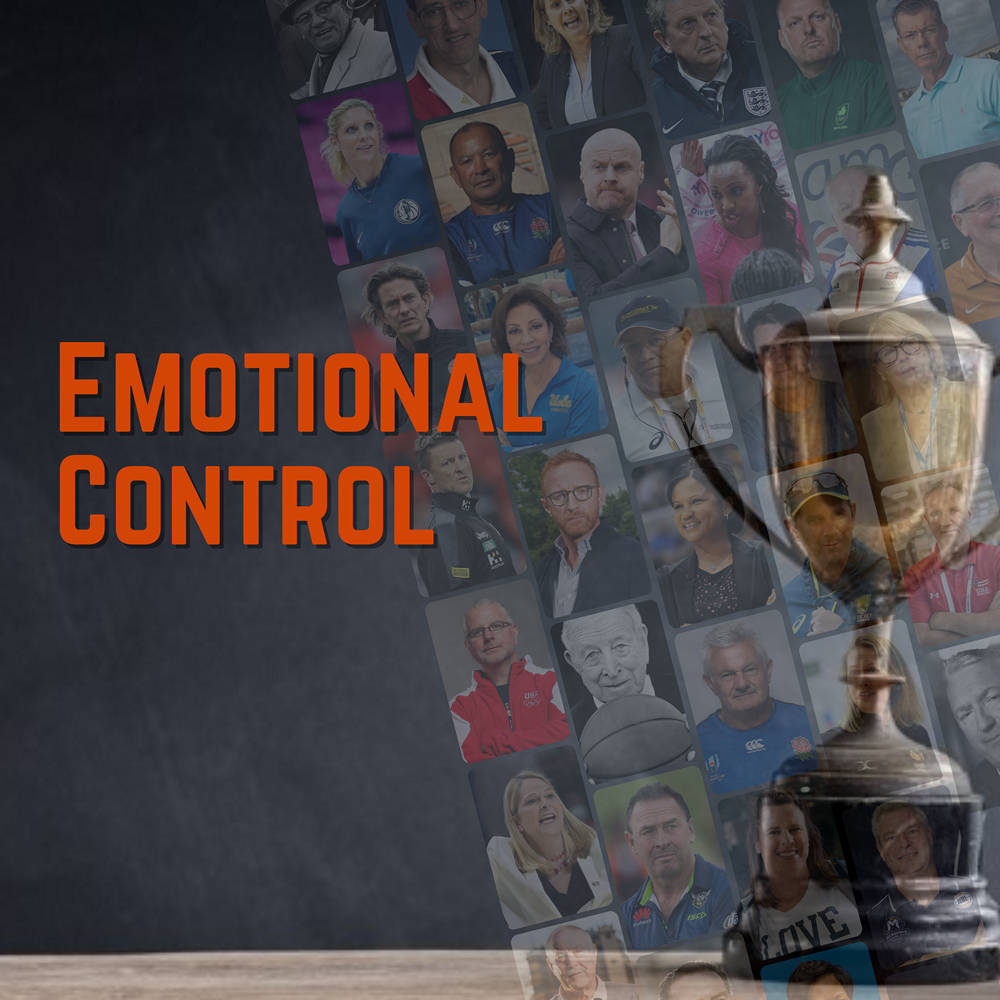Emotional control is a crucial ability that significantly affects our complete well-being and ability to bounce back. In a world saturated with constant challenges and pressures, the skill to manage our emotions not only supports us deal with challenging situations but also cultivates more positive relationships and enhances our decision-making capabilities. Whether it's staying calm under pressure at work, dealing with anger in healthy ways, or just surviving a tough day, emotional control plays a vital role in how we perceive life.
The science behind emotional management shows that our emotional responses are not just knee-jerk responses but can be intentionally improved while refining over time. By recognizing our emotional cues and developing effective approaches, we can foster a sense of stability and clarity. This write-up will investigate tested techniques to improve emotional control, examine the link between emotional well-being and mental health, and outline practical methods that can allow you to build resilience and prosper amidst life's trials.
Established Methods for Emotional Regulation
Cultivating the ability to manage emotions is important for upkeeping well-being and resilience in life. One impactful strategy is mindfulness practice, which can greatly enhance the management of emotions. By concentrating on the current moment and witnessing thoughts and feelings without criticism, people can create a space between their affective responses and reactions. Techniques such as meditation and breathing exercises help stabilize practitioners, enabling them to think before responding rather than react impulsively. Regular mindfulness practices can lead to greater self-awareness and control over time.
An additional impactful approach is recognizing what triggers certain emotions and developing strategies to cope with them. This requires pinpointing specific situations or relationships that evoke strong reactions. Once these stimuli are understood, learners can develop coping mechanisms to address their responses before they intensify. This may involve using soothing practices or using positive self-dialogue to reinterpret difficult moments. By foreseeing and preparing for stimuli, people can manage difficult dialogues and conflicts with increased calmness and certainty.
In addition, enhancing personal insight through habits like keeping a journal can boost emotional regulation. Recording daily occurrences allows individuals to consider their feelings and identify patterns over time. This enhanced awareness can lead to enhanced judgments and more effective emotional regulation. By developing daily practices that prioritize self-assessment and regular emotional evaluations, individuals can strengthen their capacity to manage emotions during stressful situations in individual and work settings.
This is the Field of Strength and Affective Regulation
The management of emotions is a vital aspect of strength , enabling people to navigate life's challenges with increased facility. https://peterashbysmith.com/how-to-reduce-emotional-reactivity-with-stoic-wisdom-and-modern-insight/ suggests that the capability to regulate emotions efficiently can shield against pressure and boost overall well-being. As we manage our feelings , we generate a better conducive environment for problem-solving and making decisions , which are essential abilities in tackling challenges. This connection between emotion regulation and strength underscores the significance of cultivating tactics that foster emotional awareness and regulation.
Studies have indicated that people who engage in emotional regulation tend to experience improved mental wellness. This comprises reduced levels of anxiety and depression , as well as a stronger feeling of overall life satisfaction. The neuroscience behind emotion regulation suggests that regions of the neural system related to emotional processing , such as the prefrontal cortex , play a pivotal part in our capacity to respond to pressure. By engaging in practices that support emotion control , such as meditation and self-reflection , we strengthen these neural pathways , which in turn enhances our ability to cope with challenging circumstances.
Moreover , the link between emotion regulation and resilience is clear in interpersonal relationships. When people have robust skills for regulating emotions , they are more prepared to handle disagreements and communicate clearly. This fosters more positive connections and a support network that can help individuals bounce back from setbacks. While we explore ways to build strength , it becomes evident that developing emotional control is not just advantageous for personal growth , but crucial for thriving in our interactions with peers and in our journeys through life.
Practical Methods for Instant Calm

In situations where faced with demanding situations, implementing quick techniques can substantially help in restoring emotional control. An effective approach is the exercise of deep breathing. By making slow, controlled breaths, you can lower your heart rate and reduce anxiety. Inhale deeply through your nose, allowing your abdomen to expand, then exhale gently through your mouth. This easy but impactful technique can ground you and create a moment of pause amidst chaos.
A different technique is using the 5-4-3-2-1 grounding exercise. This approach involves recognizing five things you can see, four things you can touch, three sounds you can hear, two things you can smell, and one thing you can taste. Engaging your senses helps change your focus away from intense emotions and brings your awareness back to the present moment. This practice can be especially helpful in high-pressure environments, allowing you to recalibrate your emotional state.
Incorporating mindfulness practices, such as brief meditation or visualization, can also foster immediate calm. Even a small minutes of closing your eyes and picturing a peaceful landscape can create a buffer against emotional distress. Regular practice of mindfulness not only aids in present situations but also builds long-term resilience by enhancing your overall emotional regulation skills. These techniques, when executed consistently, can equip you to manage life's challenges with greater composure and clarity.
